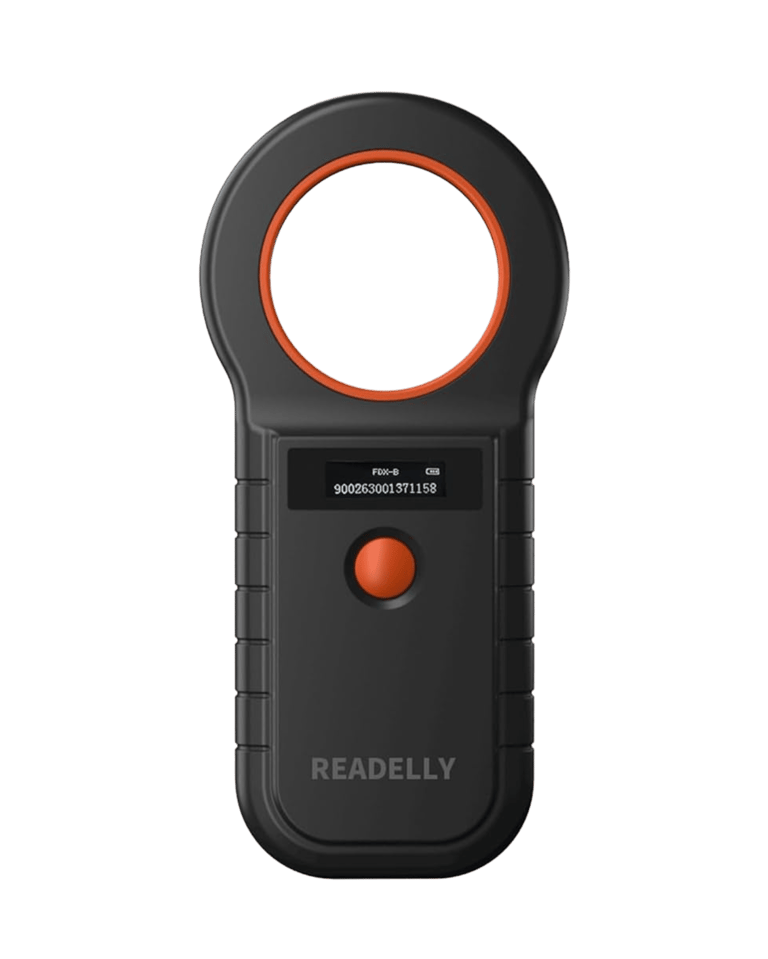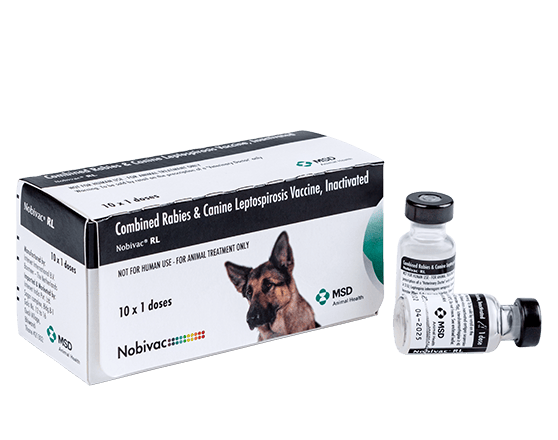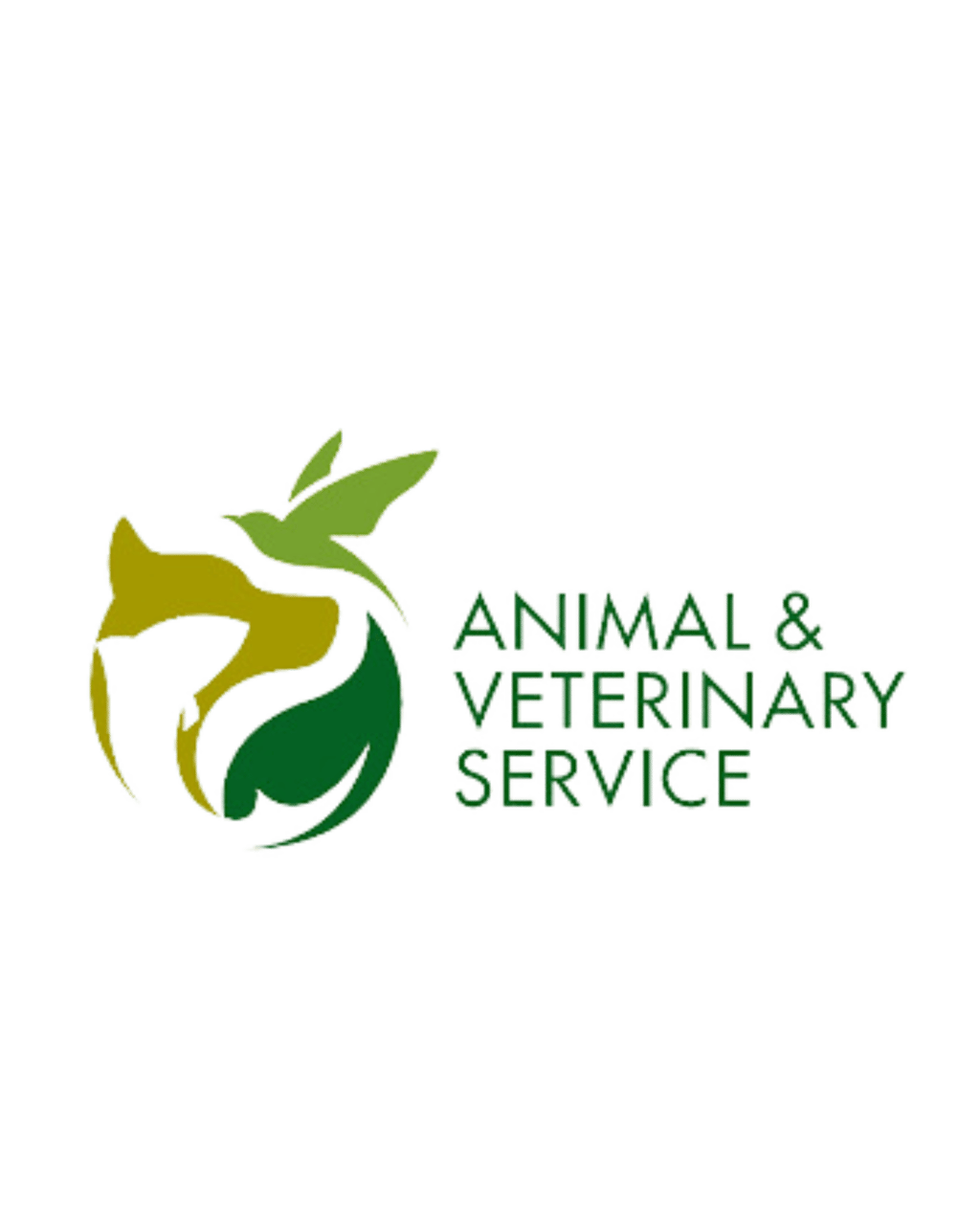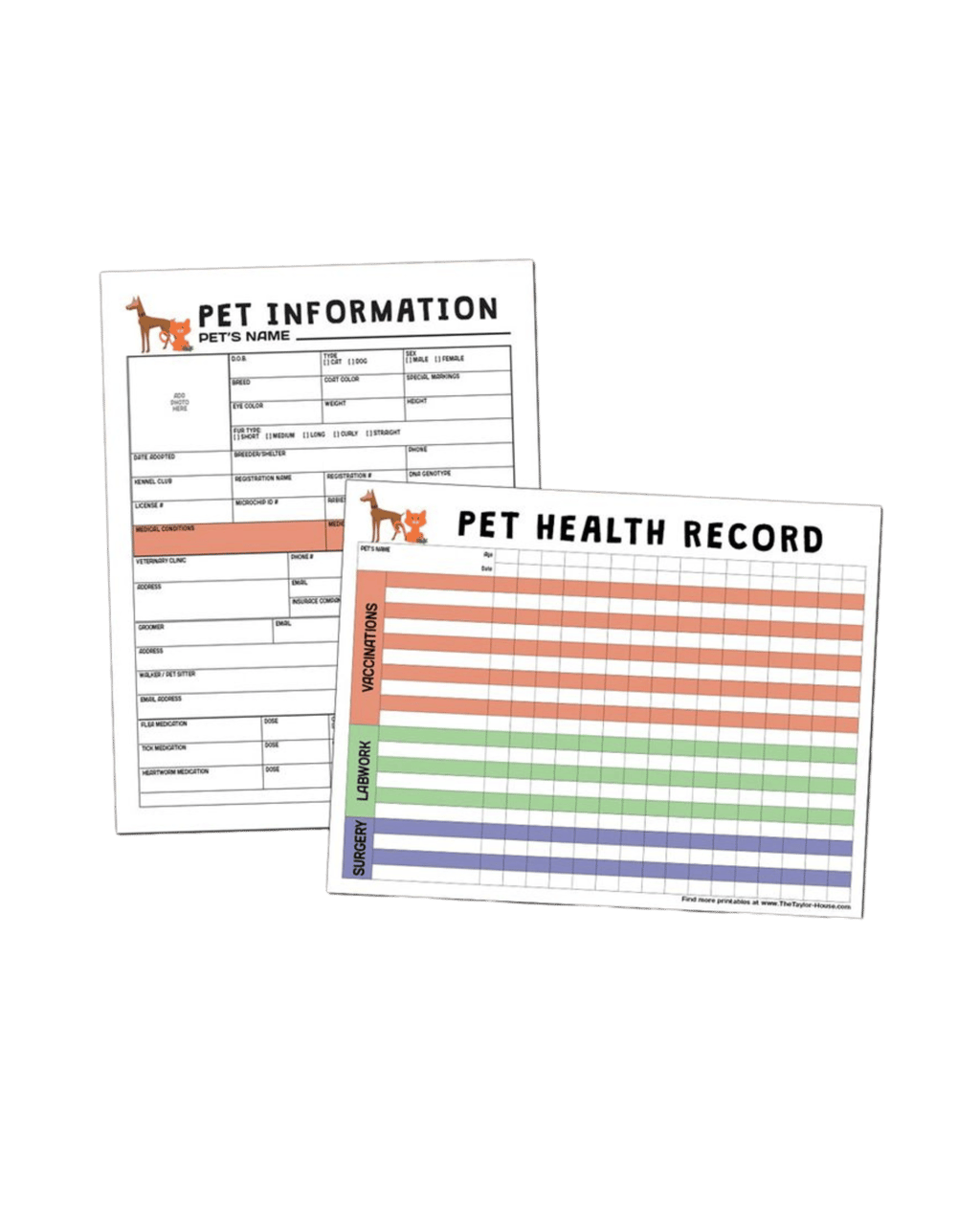What are the Health Checks Done For Your Puppies?
Find out the Regulations and Health Requirements for our puppies

Health Checks
Our puppies go through comprehensive veterinarian health checks and compulsory vaccinations.
It is mandatory for all puppies to be vaccinated to enter Singapore. We provide genuine paperwork/certificates for puppy vaccinations, microchipping, deworming and any health test results.


We Take Health Seriously
The usual vaccination we provide for them includes the L4 vaccine which protects agains four strains of Leptospirosis, and DHPP, a canine vaccine that prevents distemper, parvovirus, parainfluenza, and two types of adenovirus (hepatitis). Kennel cough vaccination may also be provided.
We provide a written contract that outlines the terms and conditions of the sale. This include health guarantees, return policies, and provisions for the well-being of the pup.


Minimum Age Requirement for puppies for be imported
Ireland 🇮🇪 - 3 months
United Kingdom 🇬🇧 - 3 months
Australia 🇦🇺 - 3 months
Taiwan 🇹🇼 - 7 months
Korea 🇰🇷 - 7 months


Pet Microchipping
All dogs must be microchipped with an ISO 11784/11785 pet microchip that is a 15 digit and non-encrypted.
A microchip is a small chip the size of a grain of rice that holds a unique number which can be detected by a microchip scanner. It is implanted just under the puppy's skin in between its shoulder blades.
The puppy's microchip must be implanted before its rabies vaccination is administered, otherwise the vaccination will not count. We will discuss the rabies vaccination in detail in the next section.
Our Puppy's microchip number must be present on all documentation required to enter Singapore. A veterinarian must scan the dog’s microchip before any tests or treatments required to enter Singapore.


Core Vaccinations
Our puppies also require core vaccinations to enter Singapore from all country categories. All vaccinations should be valid for the entire post-arrival quarantine period. Our puppies are administered with x2 vaccines.
All dogs imported to Singapore must have valid vaccinations against the following: Canine distemper, Canine hepatitis, Canine parvoviral infection
These must be administered by an official veterinarian. They must also reference our puppy's individual microchip number.


Internal and External Parasite Treatments
In order to get your dog a Singapore Pet Passport, all puppies must be treated against external and internal parasites before traveling to Singapore. This applies no matter the country the come from.
Puppies must be treated with an anti-tick treatment between 2 and 7 days before travel to Singapore.
We must be able to show proof of treatment and our puppy's individual microchip number should be referenced on all documents.


Dog License (Avs)
To import dogs to Singapore, our a puppies require a valid a dog license. This applies no matter the country they are from.
Under the Animals and Birds (Dog Licensing and Control) Rules, all dogs must now be licensed in Singapore. Even those residing there. This is for the purpose of tracing any event of an outbreak of disease.
All our puppies must have a dog license before we are allowed to apply an import license. All licence will be applied via the Pet Animal Licensing System (PALS).
Once our puppy has obtained your dog license, it is valid for the entire lifespan.


Import License and Health Certificate
All our puppies have to go thorough health check and obtain a valid health certificate from a recognised veterinary before a permit will be approved by Singapore.
To import dogs to Singapore, all our puppies will require an import license or permit.
An import permit will show that your puppy is qualified for traveling to Singapore. Our puppy’s veterinary health certificate will be Appendix 1 of their import license.
Upon arrival in Singapore, customs officials will need to see a valid import permit, with a veterinary health certificate completed by an Official government veterinarian in the country of export.
Dawgs&Co. specialises in imported puppies from the following countries:
| Ireland 🇮🇪 | United Kingdom 🇬🇧 | Australia 🇦🇺 | Taiwan 🇹🇼 | Korea 🇰🇷 |


To comply with Singapore's regulations all puppies have to go through the following before they are deem suited to be allowed to fly:
Pet microchipping
Core vaccination
Internal and external parasite treatments
Rabies vaccination
Rabies blood test (Rabies Titer Test)
Dog license
Import license and health certificate


















